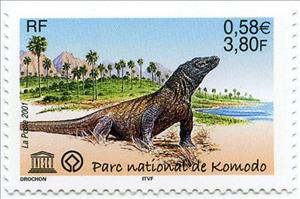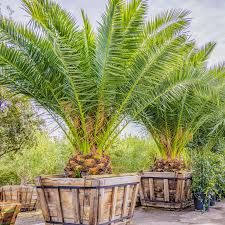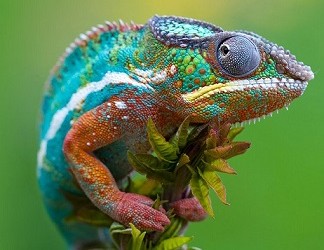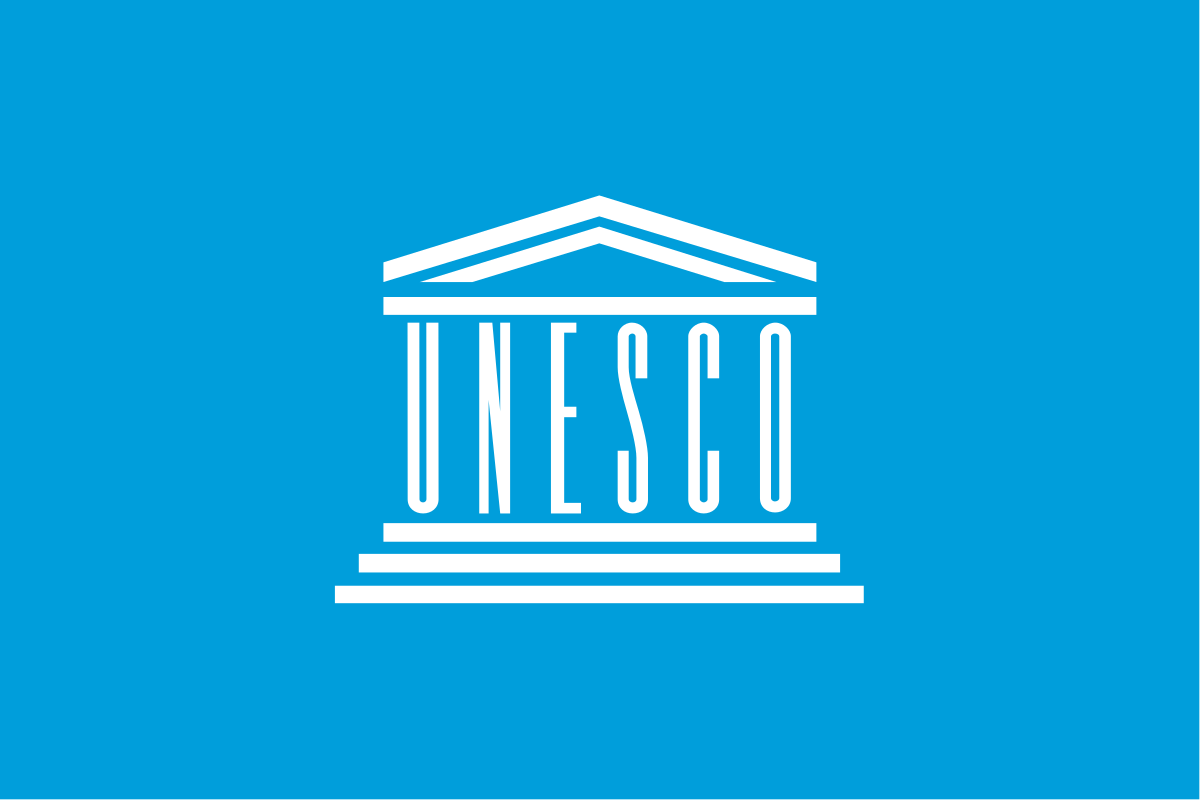Stamp: Komodo Dragon (Varanus komodoensis) (France 2001)
Komodo Dragon (Varanus komodoensis) (France 2001)
03 December (France ) within release Service-Unesco goes into circulation Stamp Komodo Dragon (Varanus komodoensis) face value 3.80 French franc
| Stamp Komodo Dragon (Varanus komodoensis) in catalogues | |
|---|---|
| Yvert et Tellier: | Yt:FR SE125 |
| Michel: | Mi:FR U52 |
Stamp is horizontal format.
Also in the issue Service-Unesco:
- Stamp - Pyramids of Giza, Egypt (World Heritage 1979) face value 3;
- Stamp - Komodo Dragon (Varanus komodoensis) face value 3.80;
Stamp Komodo Dragon (Varanus komodoensis) it reflects the thematic directions:
The Arecaceae is a family of perennial, flowering plants in the monocot order Arecales. Their growth form can be climbers, shrubs, tree-like and stemless plants, all commonly known as palms. Those having a tree-like form are called palm trees. Currently, 181 genera with around 2,600 species are known,
most of which are restricted to tropical and subtropical climates. Most palms are distinguished by their large, compound, evergreen leaves, known as fronds, arranged at the top of an unbranched stem, except for the Hyphaene genus, who has branched palms. However, palms exhibit an enormous diversity in physical characteristics and inhabit nearly every type of habitat within their range, from rainforests to deserts.
Reptiles are tetrapod (four-limbed vertebrate) animals in the class Reptilia, comprising today's turtles, crocodilians, snakes, amphisbaenians, lizards, tuatara, and their extinct relatives. The study of these traditional reptile orders, historically combined with that of modern amphibians, is called herpetology. Because some reptiles are more closely related to birds than they are to other reptiles (e.g., crocodiles are more closely related to birds than they are to lizards), the traditional groups of "reptiles" listed above do not together constitute a monophyletic grouping (or clade). For this reason, many modern scientists prefer to consider the birds part of Reptilia as well, thereby making Reptilia a monophyletic class.
Animals are multicellular, eukaryotic organisms of the kingdom Animalia (also called Metazoa). All animals are motile, meaning they can move spontaneously and independently, at some point in their lives. Their body plan eventually becomes fixed as they develop, although some undergo a process of metamorphosis later on in their lives. All animals are heterotrophs: they must ingest other organisms or their products for sustenance.
The United Nations Educational, Scientific and Cultural Organization (UNESCO; pronounced /juːˈnɛskoʊ/) is a specialized agency of the United Nations (UN) with the aim of promoting world peace and security through international cooperation in education, arts, sciences and culture. It has 194 member states and 12 associate members,as well as partners in the non-governmental, intergovernmental and private sector. Headquartered in Paris, France, UNESCO has 53 regional field offices and 199 national commissions




